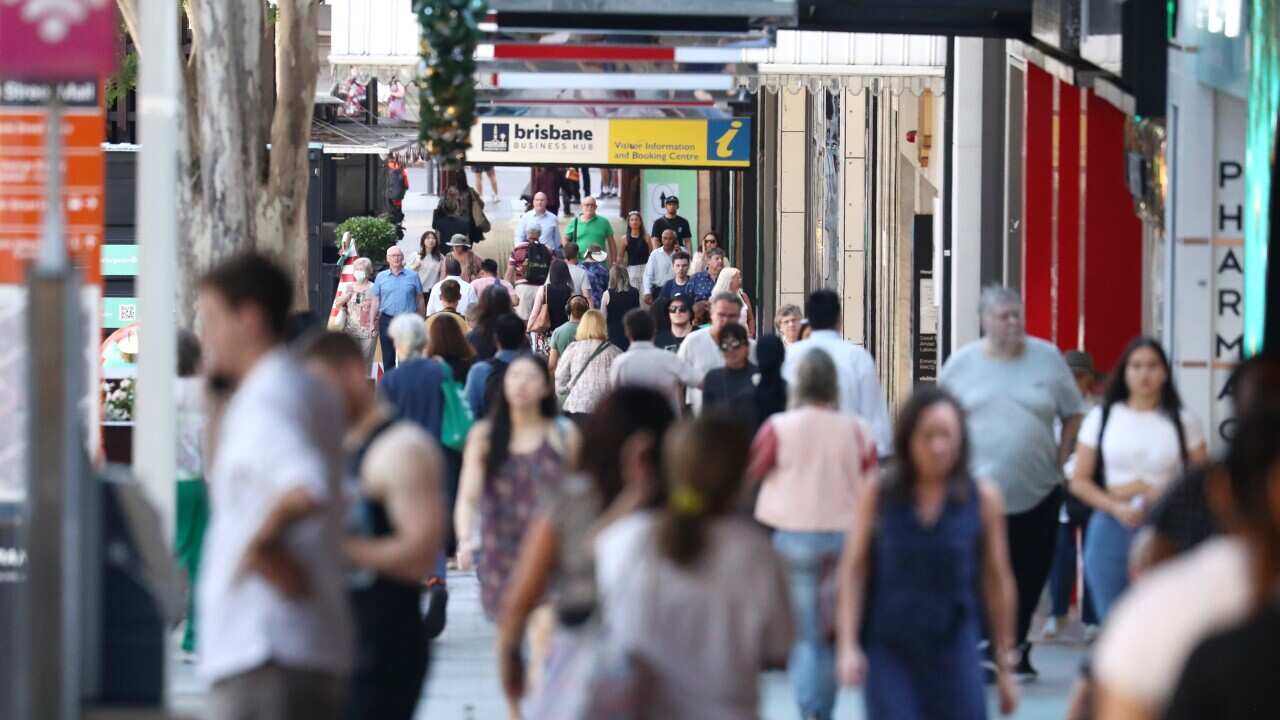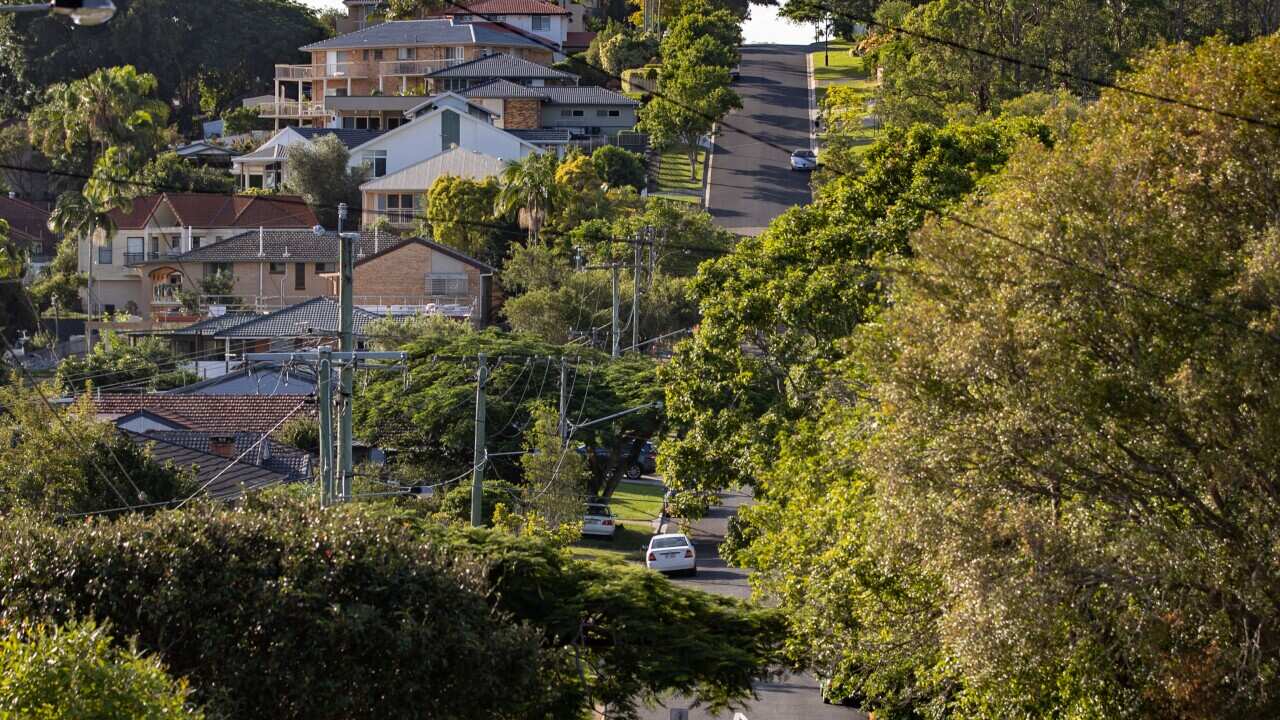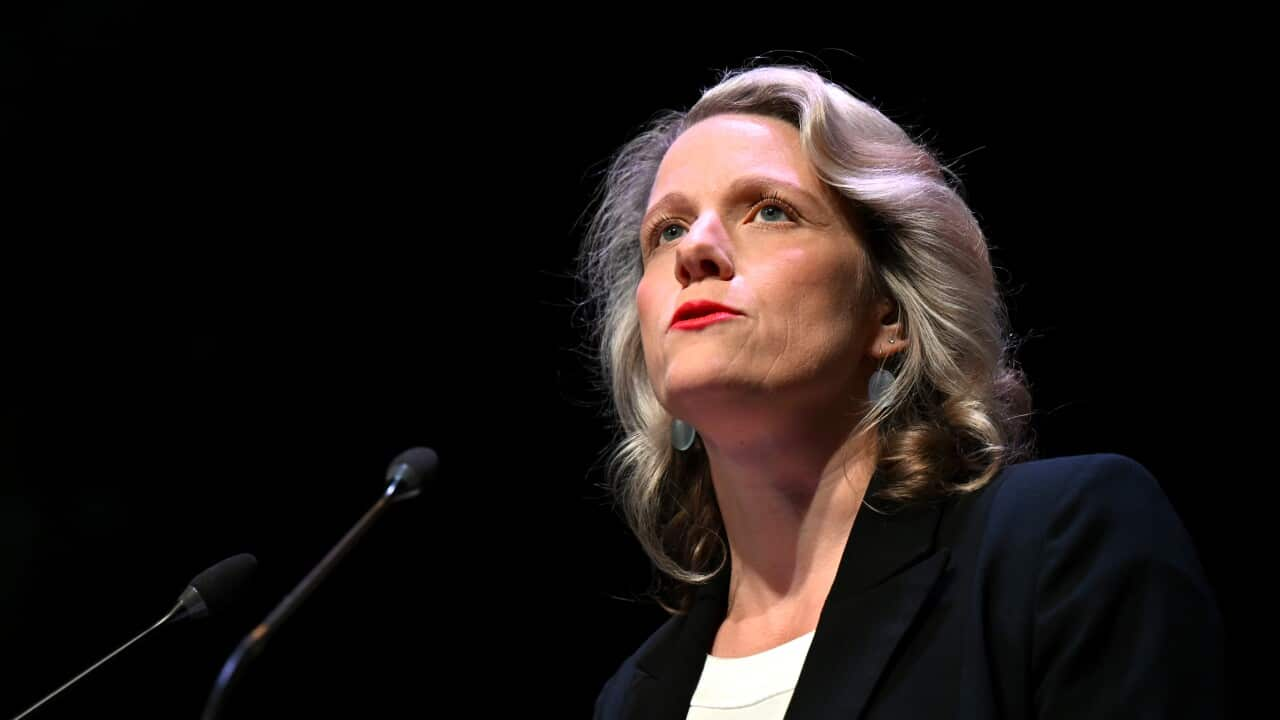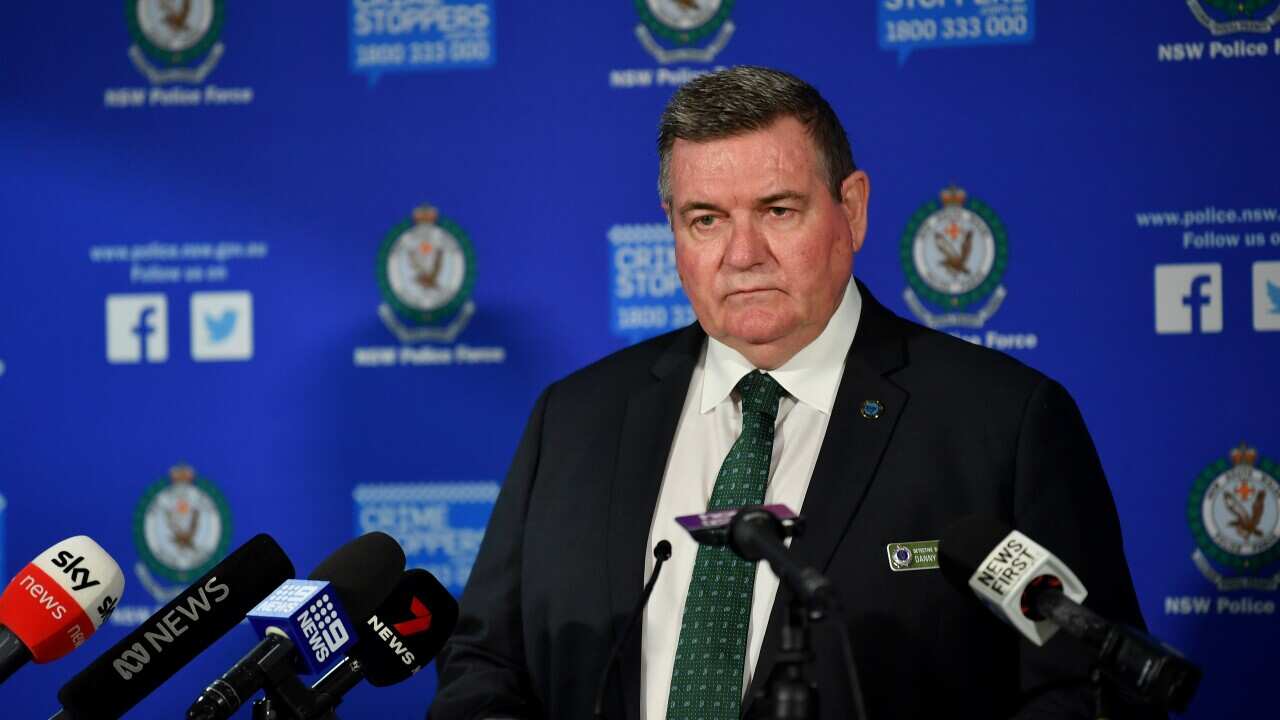(Transcript from World News Radio)
Eight years after the Northern Territory Intervention was enacted, 34 Indigenous and non-Indigenous Australians have put together their personal reflections on its impact.
In a new book entitled The Intervention: An anthology*, the group says it wants to reignite debate on the ongoing impacts of the event in Indigenous communities today.
Biwa Kwan reports.
(Click on audio tab to listen to this item)
Eight years on, and the memories of the day the Northern Territory Intervention was announced, is still vivid for Yankunytjatjara poet Ali Cobby Eckermann.
"And from there came intervention. John Howard, he makes new rules. He never even came to see us. How good we were doing already. Mal Brough he come with the army, we got real frightened true. I thought he was going to take the kids away just like Nanna tell us. I run my kids in the sand hills. Took my rifle up there and sat. But they were all just lying, changing their words all the time - wanting meeting today, meeting tomorrow. We were getting sick of looking at them. So everyone put their eyes down and some even shut their ears."
It is one of a number of contributions in a new anthology by those who witnessed the impacts of Howard government's Northern Territory Emergency Response in 2007.
A member of the Stolen Generations, Ali Cobby Eckermann, says although the Intervention set out to tackle child abuse and alcohol abuse by sending in the military and extra police, it did nothing to ameliorate those issues.
"I think the despair and depression out there has put a lot more people at risk with alcohol abuse. Depression unchecked. White fellas don't go into the doctor and say I'm depressed - so how are they going to expect Aboriginal men in a small community to go into a clinic and say I'm not feeling really good with my emotions. And depression can have a ripple effect in places where people don't really intend it to go."
The federal government at the time cited the 'The Little Children are Sacred' report, which documented child sexual abuse in the Northern Territory, as the reason for the Intervention.
Emergency measures introduced as part of the Intervention included restrictions on alcohol use, including a potential six month jail term for consuming a can of beer in specified areas.
There was also compulsory income management, with up to 70 percent of income only able to be spent at government-approved stores; and the cutting of welfare payments to Aboriginal parents whose children didn't attend school.
The report's co-author, Pat Anderson says she feels betrayed that the report was used to justify measures that did not address the key findings of the report.
"We [the authors of the report], together with the Aboriginal people we spoke to believed that we were attempting to find solutions to some of the more challenging aspects of society at the time. And still remain today in some places. So we didn't - look, I don't whether it was naivety or what, but we didn't expect that it would be used in such a vile, deceitful, evil way."
Pat Anderson says the federal government's response played into damaging stereotypes about Aboriginal people.
"You know that we're undisciplined and uneducated, drunk. We can't be trusted. That we're dirty, uneducated, undisciplined and therefore need to be controlled and managed like we're some kind of feral things, not even human."
The Intervention legislation was due to last up to five years, but was extended for another decade through the Stronger Futures legislation.
The Parliamentary Joint Committee on Human Rights is due to hand down a year-long review by the end of November evaluating the need to continue the legislation and its compliance with human rights obligations under international treaties.
President of the Human Rights Commission, Gillian Triggs, says the way in which the Intervention unfolded reflects an increase in the executive powers and discretion used by governments.
"It's not special to any one government. And it has been a phenomenon of the last 10, 15 years. But where governments act rapidly to respond to a problem and they do so even though it means ending the effect of the Racial Discrimination Act so that Acts could be racially discriminatory, contrary to the law. They will even act to end those primary protections of our freedoms. And they do so with the collaboration of parliaments. So that is what is of particular concern to us at the Australian Human Rights Commission that we have parliaments working with executive governments to act in ways which are in breach of the fundamental rules of law."
Gillian Triggs says there is a need to establish the evidence base for the policies, and what they claim to have achieved.
"Has it been helpful in terms of getting children to school? Has it been helpful in terms of protecting children against abuse or neglect? I am very open to hearing a positive result, but so far the evidence...certainly the evidence produced in this rather marvellous book suggests that there is very little of value that has emerged from this really traumatic, aggressive approach to solving a societal problem that is essentially based in health and a need for community support."
Two years after the Intervention was enacted, an investigation by the Australian Crime Commission found no evidence supporting one of the central reasons cited by the Howard government for the Intervention: that there were paedophile rings in Northern Territory Indigenous communities.
Contributor to the anthology; former investigative journalist and now campaigner on Indigenous health issues, Jeff McMullen says eight years on, Australia is still coming terms with how the Northern Territory Intervention happened.
"I have spent decades working with Aboriginal people and the constant struggle that they have is not only to have their voice heard, but it is also to be truly recognised and understood. I think this book will have a very useful place. I hope it goes into many Australian homes, but at the moment anyone who is studying law, anyone who is going into medicine, or is going to be on the frontline of the real emergency - which is the health crisis, where life is collapsing in our fourth world poverty. Those people need to understand the politics of now. This is twenty first political oppression in a country which is blessed with so much opportunity. We should not have poverty at all."
*The Intervention: An anthology Edited by Rosie Scott and Anita Heiss








